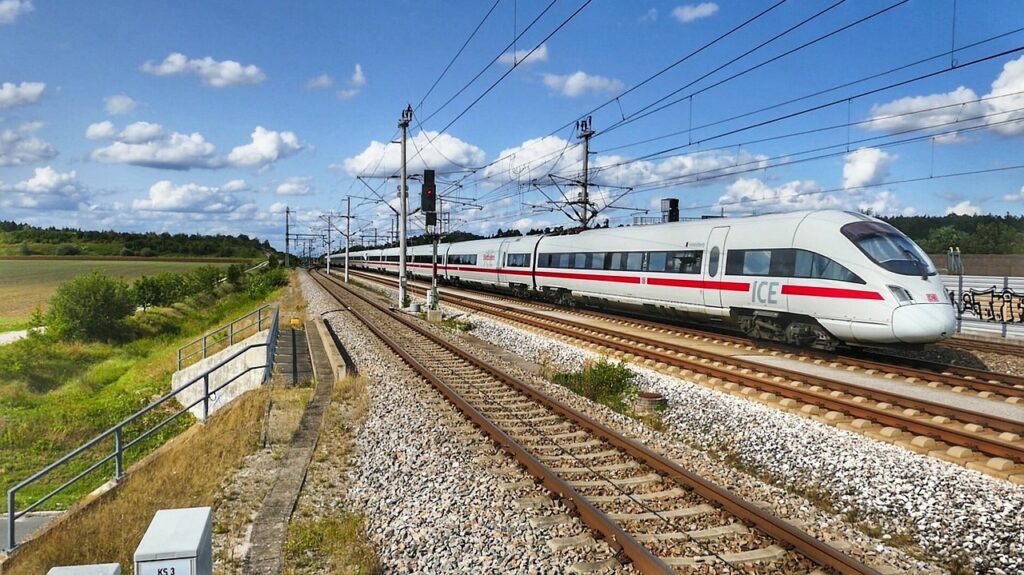The federal government expects the railways in Germany to need 88 billion euros in investment by 2027, according to a government response to a question from the Left Party budget expert Victor Perli, which was made public in Berlin on Sunday. The government did not comment on the question of how this was to be financed, referring to the ongoing budget preparation procedure.
Of the expected costs, especially for the expansion and rehabilitation of the ailing rail network, 43 billion euros have so far been included in the federal government’s financial planning. At the end of April, the coalition committee of the SPD, the Greens and the FDP decided that the remaining 45 billion euros would be financed by, among other things, funds from the HGV toll. This has now been reaffirmed by the government.

The government’s response clarifies that these 45 billion euros do not include funds already budgeted, but are additional funds. The total amount is thus 88 billion euros for the period 2024 to 2027, it said.
“Strengthening the railways requires much more funding than the traffic light coalition has provided so far,” Perli explained. He criticised that the expansion goals for the railways were “completely underfunded”. The traffic light coalition is thus “quietly saying goodbye to its coalition promise to double passenger transport by 2030 and to put a quarter of freight transport on the rails”.
In order to achieve these goals, the government must invest twice as much in the railways by 2027 as transport minister Volker Wissing (FDP) has so far planned, Perli explained. He demanded that an “investment offensive worth billions” be launched immediately. The railway must “become more attractive, especially in rural regions, and an alternative to the car”. This was more important than “nonsensical, expensive prestige projects” such as the controversial Stuttgart 21 project.
A draft of the federal government for the 2024 budget and the medium-term financial planning is not yet available – also because of differences of opinion in the coalition of the traffic lights. For this reason, Finance Minister Christian Lindner (FDP) waived the government’s decision on the key points of the budget, which is customary in March. The date for the cabinet to discuss the draft budget at the end of June has also been postponed. It could now take place in July, but there is no official date yet.
AFP
